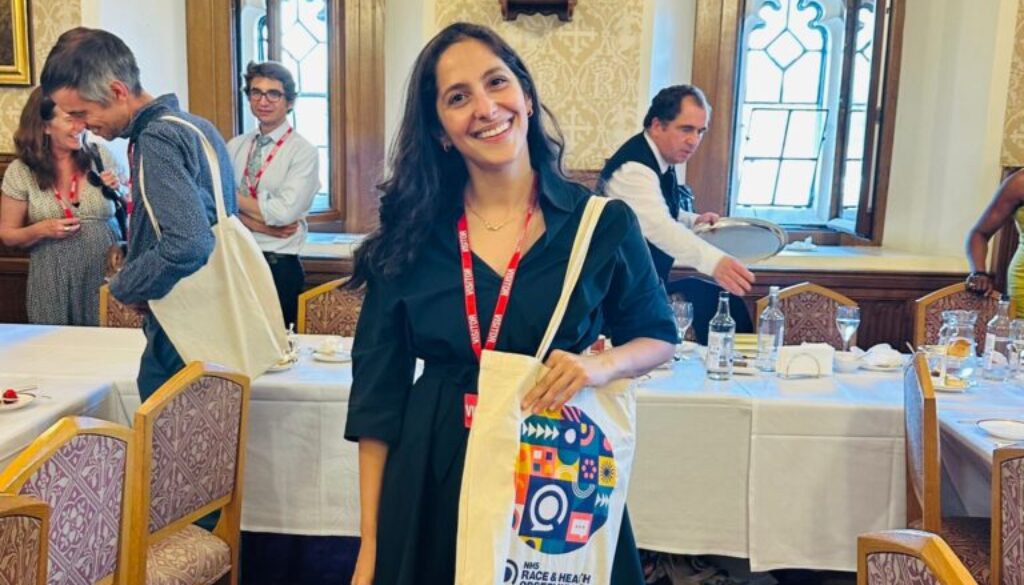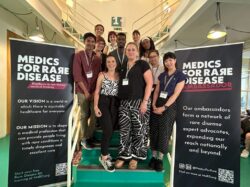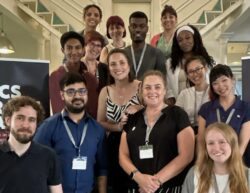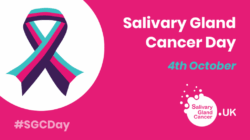Turning Data into Change: Reflections from the NHS RHO Launch of the Sickle Cell Comparative Review
Launch at the House of Lords
On 19th June 2025, I had the privilege of attending an important event at the House of Lords to mark World Sickle Cell Day. The NHS Race and Health Observatory (RHO) launched its latest comparative review on Sickle Cell Disease, developed in partnership with Imperial College London and the Sickle Cell Society.
The report laid bare what many within the sickle cell community have long known: stark, systemic disparities in care, funding and research. By directly comparing sickle cell disease with cystic fibrosis and haemophilia—two other inherited conditions—the report made clear that sickle cell, despite being more prevalent and equally impactful on physical and mental wellbeing, continues to receive a fraction of the attention and investment.
To give a couple of examples: there are only 0.5 specialist nurses per 100 sickle cell patients, compared with 2 per 100 for cystic fibrosis, and 2.5 times more research funding to cystic fibrosis than to sickle cell. This inequality in investment leads to profound consequences: fewer treatment options, under-resourced care pathways, an overstretched and often undertrained workforce, and limited research innovation. All of this translates into poorer outcomes for individuals living with sickle cell disease. The report was a powerful call for urgent and systemic change—to level the playing field and address the historical neglect of this community.
When We Don’t Count What Matters
As I listened to the discussions, I reflected on the role of data—not just to describe the problem, but to instigate change. Without robust, comprehensive data, lived experiences can become ignored. If we are not counting what truly matters, we risk telling incomplete or misleading stories about the needs of a community.
An example of this is the lack of a comprehensive national sickle cell registry. Despite repeated calls and ongoing efforts from national bodies, no such registry is currently operational. This is more than a data gap—it’s a missed opportunity to develop and deliver effective solutions.
Imagine the potential impact of a registry that tracked employment status, income and educational attainment to fully understand the socio-economic impact of the condition on an affected individual. A registry that could measure compliance and efficacy of treatments, comorbidities and hospital admissions to then predict patterns and influence the way services are designed and commissioned. A registry which generated data that measured what truly matters to patients to ensure equitable outcomes across the sickle cell population.
Yet, in a system where resources are limited, the tendency is to gather what’s easy to collect—not what’s most meaningful. As a result, decisions are often made using data that fails to reflect the true depth or breadth of patient experience. The cost of this shortcut is high: it reinforces inequity and delays meaningful progress.
From Disparity to Data-Driven Change
That’s why the RHO report felt significant and hopeful. It translated lived experience into evidence, by drawing a clear line between underfunding and health outcomes. Despite the disappointing disparities it revealed, the report provided a roadmap for change. But for that momentum to last, it must be supported by a commitment to collect meaningful data. We cannot measure impact unless we count what truly matters. Because, sadly, experience alone is not enough. But when experience is backed by hard evidence—we can no longer look away.
Dr Layan Allawi, Medics for Rare Disease Ambassador




